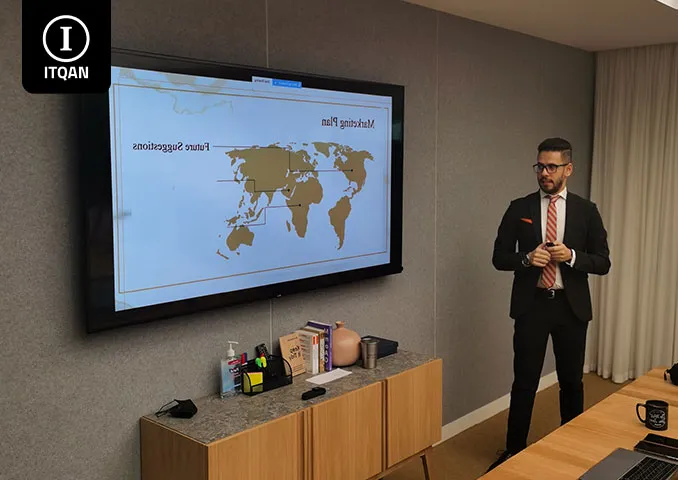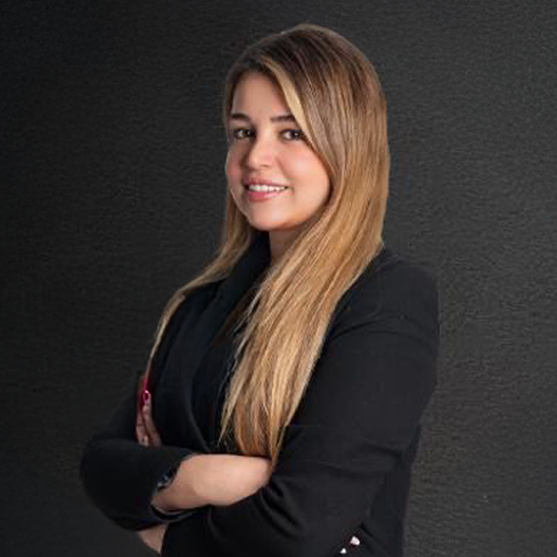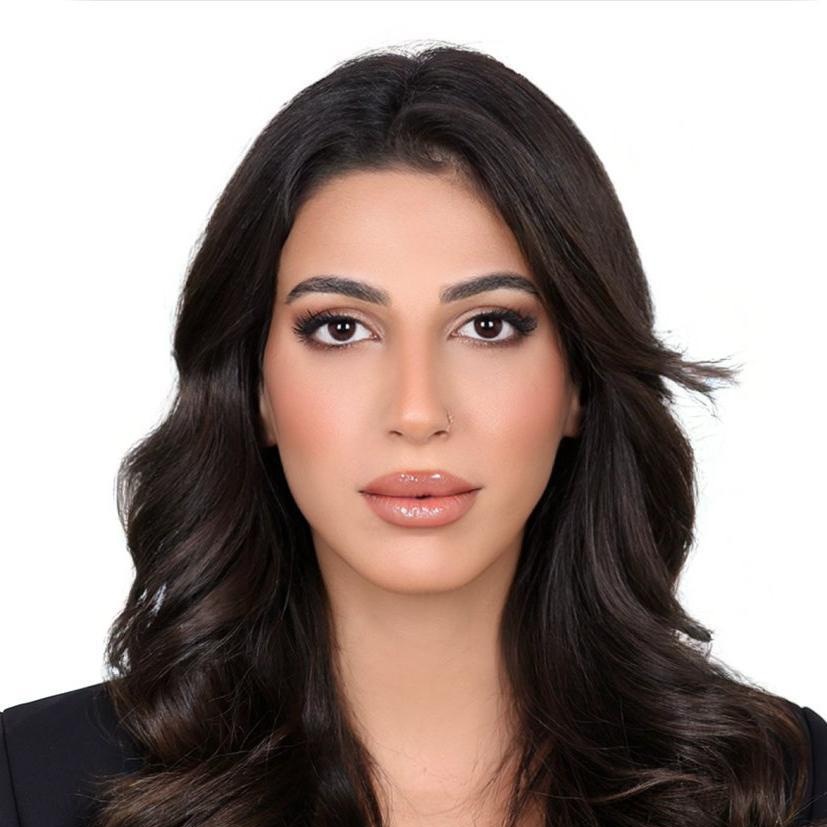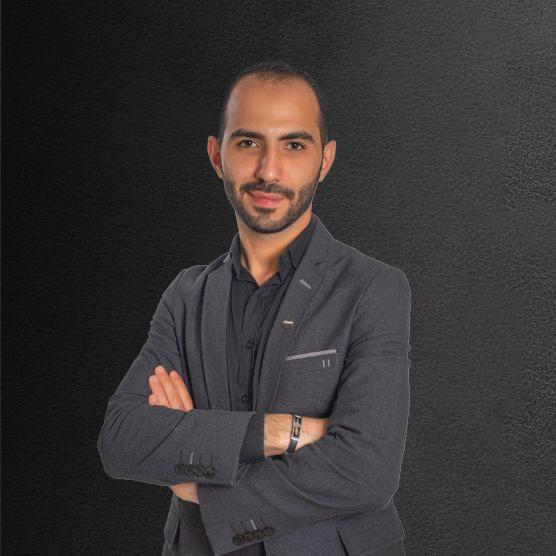Textile Industry Dubai: Opportunities for Entrepreneurs
The textile industry in Dubai has emerged as a lucrative sector, offering immense opportunities for entrepreneurs looking to start a business in the UAE. With a strategic location, business-friendly policies, and a robust economy, Dubai stands as a global hub for textiles and apparel trade. This article provides insights into the textile industry in Dubai and why it’s an excellent choice for aspiring business owners.
Why is Dubai an Attractive Hub for the Textile Industry?
Dubai has successfully positioned itself as a leading textile and apparel market. Here are the key reasons why Dubai’s textile sector continues to thrive:
- Strategic Location: Dubai serves as a gateway to major markets in Asia, Europe, and Africa, making it ideal for global trade.
- Strong Infrastructure: State-of-the-art logistics, ports, and transportation systems support the efficient movement of goods.
- Tax-Free Business Zones: Free zones such as Jebel Ali Free Zone and Dubai Textile City offer tax benefits and full foreign ownership, attracting investors around the globe.
- Thriving Retail Scene: With Dubai’s growing population and tourist influx, demand for apparel and textiles is constantly on the rise.
For detailed insights on government support, visit the UAE Government Portal.
Key Segments of the Textile Industry in Dubai
Dubai’s textile industry covers various segments, catering to diverse needs:
1. Fashion and Apparel
The fashion sector is booming, with Dubai being home to leading global and local designers. Entrepreneurs can tap into retail outlets, online platforms, or bespoke clothing services.
2. Home Textiles
Home textiles, including curtains, bedding, and upholstery, form another significant segment. With Dubai’s upscale residential market, demand for premium home furnishing materials is on the rise.
3. Technical Textiles
Technical textiles, such as medical fabrics, automotive textiles, and protective clothing, are gaining traction due to fast-paced industrialization.
Steps to Launch Your Textile Business in Dubai
Starting a textile business in Dubai involves strategic planning. Follow these essential steps to ensure success:
1. Determine Your Business Activity
Choose a niche within the textile sector, such as wholesale distribution, garment manufacturing, or retailing.
2. Select a Suitable Business Setup
Decide between establishing your textile business in a free zone or on the mainland. Free zones like the Dubai Textile City offer numerous benefits but may limit trade within the UAE market.
For a detailed comparison, check out Best Free Zones in UAE for Business Setup.
3. Obtain Licenses and Approvals
Register your business with the relevant authorities and obtain the necessary trade licenses. For textile businesses, key regulatory bodies include the Dubai Economy (DED) and the free zone authorities.
4. Build a Reliable Network
Establish connections with suppliers, distributors, and logistics partners to streamline your operations.
5. Focus on Sustainability
Incorporating sustainable practices in production and operations can help you gain an edge in the market, as many consumers prefer eco-friendly products.
Advantages of Entering the Textile Market in Dubai
Starting a textile business in Dubai offers a host of benefits:
- No Corporate Tax: Businesses in Dubai’s free zones enjoy 0% corporate tax.
- Access to a Skilled Workforce: Dubai’s multicultural environment provides access to talented professionals from around the world.
- Global Events: Events like Dubai Expo and trade fairs create platforms for textile entrepreneurs to showcase their products globally.
Challenges in Dubai’s Textile Industry
While the industry is vibrant, entrepreneurs must be aware of potential challenges:
- High Competition: The textile market in Dubai is highly competitive, requiring innovative strategies to stand out.
- Operational Costs: Renting retail space or industrial facilities can be expensive, especially in prime locations.
- Regulations and Compliance: Adhering to UAE’s import/export rules and environmental regulations is essential for smooth operations.
Conclusion: Is Dubai’s Textile Industry Right for You?
With its high demand, government support, and global connectivity, Dubai offers immense potential for entrepreneurs looking to invest in the textile industry. Whether you’re targeting fashion, home textiles, or technical textiles, the opportunities are vast and promising.
By choosing the right business structure, adhering to regulations, and leveraging Dubai’s favorable business policies, you can establish a successful textile enterprise in this global city.
For more information, don’t forget to visit the UAE Government Portal and our guide on best free zones for business setup in UAE.















